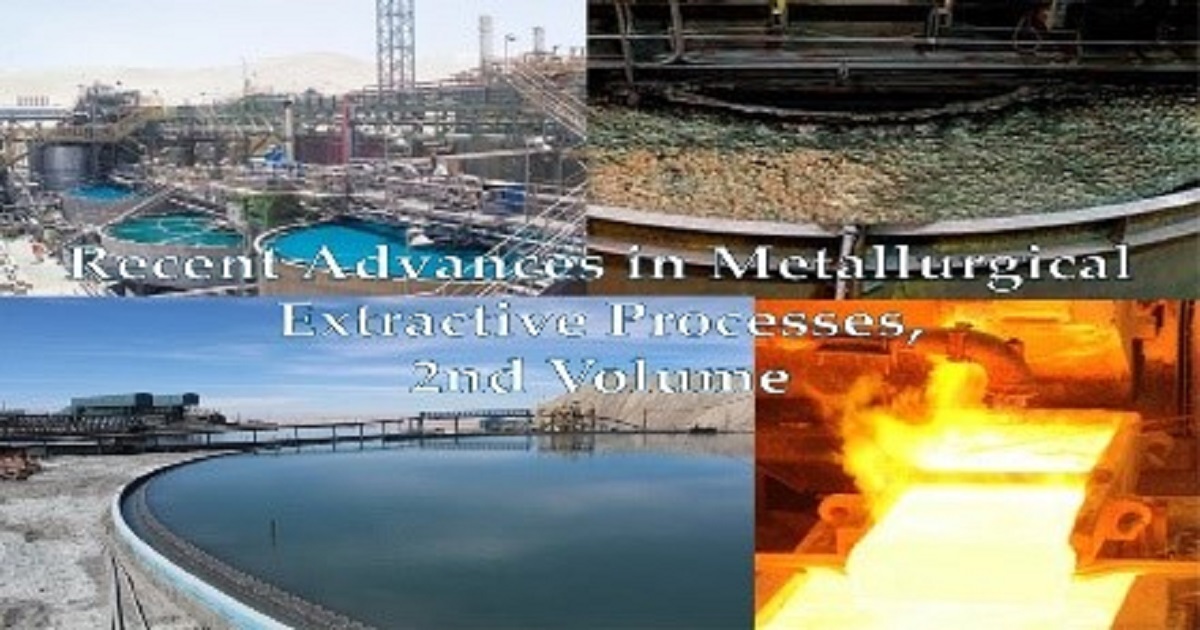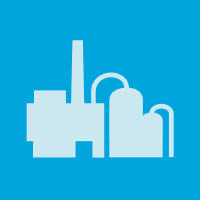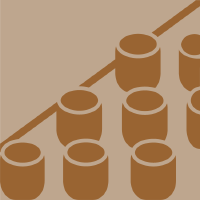Topic Menu
► Topic MenuTopic Editors


Recent Advances in Metallurgical Extractive Processes, 2nd Edition

Topic Information
Dear Colleagues,
Due to the accelerated growth in the population and emerging economies, there is a high demand for critical metals, which are indispensable for manufacturing advanced technology, green technology, and the development of emerging industries. Mining extractive processes are fundamental activities for the production of raw materials and the economies of several countries. For example, copper mining contributes 10% of the GDP in Chile and generates more than 500,000 jobs. However, at present, this industry is facing varied challenges, such as the following:
- A decrease in average mineral grades;
- Complex mineralogies with a high presence of gangue and clays;
- Subsequent increases in production costs;
- Excessive generation of environmental liabilities, mainly flotation tailings;
- Scarcity of aquifer water and government restrictions for its use in production processes;
- A need to reduce the costs of electrical supply. As a result, it then becomes necessary to generate novel extractive metallurgical processes that must focus on the following:
- Increasing the recovery of metals from conventional processes;
- Diversifying the extraction of other elements and obtain byproducts from the main commodity that can be exploited (one example is the enormous growth in the molybdenum industry, which is obtained as a byproduct of copper flotation processes);
- Generating new operational strategies for essential resources, such as water and electricity;
- Reusing industrial waste and establishing procedures for its remediation.
We cordially invite the submission of scientific articles to this Topic that are focused on the research areas of leaching, solvent extraction, electrowinning, flotation, thickening, pyrometallurgy, and waste treatment and reuse.
Dr. Norman Toro
Dr. Edelmira Gálvez
Dr. Ricardo Jeldres
Topic Editors
Keywords
- hydrometallurgy
- pyrometallurgy
- flotation
- rheology
- statistics
- simulation
- clays
- waste treatment
- ionic liquids
- tailings
Participating Journals
| Journal Name | Impact Factor | CiteScore | Launched Year | First Decision (median) | APC |
|---|---|---|---|---|---|

ChemEngineering
|
2.8 | 4.0 | 2017 | 32.8 Days | CHF 1600 |

Compounds
|
- | 2.3 | 2021 | 32.5 Days | CHF 1000 |

Materials
|
3.1 | 5.8 | 2008 | 13.9 Days | CHF 2600 |

Metals
|
2.6 | 4.9 | 2011 | 17.8 Days | CHF 2600 |

Alloys
|
- | - | 2022 | 22.5 Days | CHF 1000 |

Mining
|
- | 2.8 | 2021 | 21.1 Days | CHF 1000 |

Preprints.org is a multidisciplinary platform offering a preprint service designed to facilitate the early sharing of your research. It supports and empowers your research journey from the very beginning.
MDPI Topics is collaborating with Preprints.org and has established a direct connection between MDPI journals and the platform. Authors are encouraged to take advantage of this opportunity by posting their preprints at Preprints.org prior to publication:
- Share your research immediately: disseminate your ideas prior to publication and establish priority for your work.
- Safeguard your intellectual contribution: Protect your ideas with a time-stamped preprint that serves as proof of your research timeline.
- Boost visibility and impact: Increase the reach and influence of your research by making it accessible to a global audience.
- Gain early feedback: Receive valuable input and insights from peers before submitting to a journal.
- Ensure broad indexing: Web of Science (Preprint Citation Index), Google Scholar, Crossref, SHARE, PrePubMed, Scilit and Europe PMC.
Related Topic
- Recent Advances in Metallurgical Extractive Processes (28 articles)


